
Despite holding promise in a range of disease states, a variety of challenges prevent cell and gene therapies (CGTs) from more widespread use, according to a new report from Cardinal Health.

Despite holding promise in a range of disease states, a variety of challenges prevent cell and gene therapies (CGTs) from more widespread use, according to a new report from Cardinal Health.
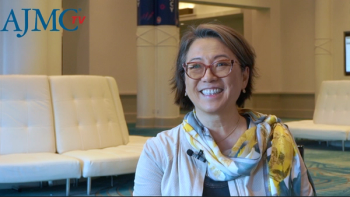
At the 2025 Community Oncology Conference, Nini Wu, MD, Navista, shares how AI can transform community oncology.
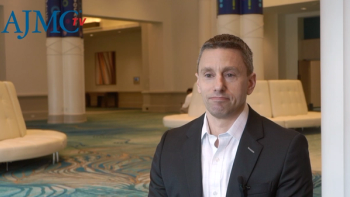
Mike Fazio, director of value-based care at Navista, Cardinal Health, discusses a trending topic at the 2025 Community Oncology Conference: optimizing oncology care with technology.

Global Biosimilars Week discussed issues in biosimilar adoption and called for reforms to streamline processes, foster competition, and increase biosimilar access for patients.
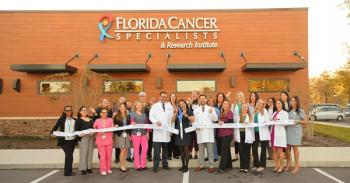
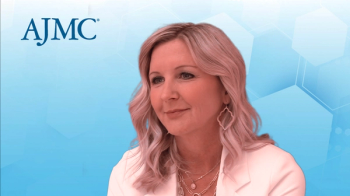
There are multiple levers that need to be pulled to allow biosimilars to come to market more broadly in the US, explained Fran Gregory, PharmD, MBA, vice president of emerging therapies, Cardinal Health.
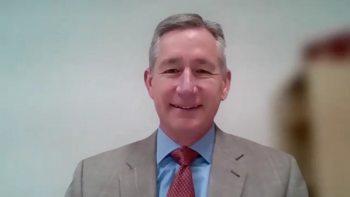
Mike Brown, vice president of managed services at Cardinal Health, discusses Cardinal Health's goals to to leverage technology, while reducing costs to the health care system.

Mike Brown, vice president of managed services at Cardinal Health, discusses how remote pharmacy services are revolutionizing patient care by improving accessibility and medication safety.

Mike Brown, vice president of managed services at Cardinal Health, shares how drug cost control software has improved monitoring efficiency and reduced drug spending.

Mike Brown, vice president of managed services at Cardinal Health, discusses how Cardinal Health has worked to integrate key digital health solutions among hospitals across the United States.
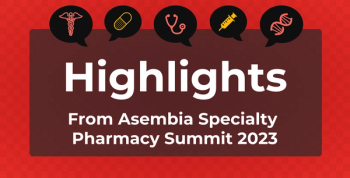
The most popular content from our Asembia coverage largely covered biosimilars.
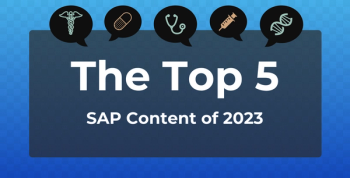
Through interviews and contributed content, Strategic Alliance Partnerships provide insights into changes in health care delivery and medicine.
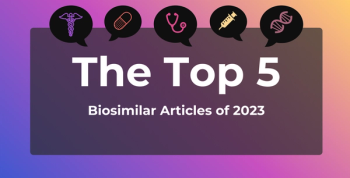
In 2023, adalimumab biosimilars took center stage in the biosimilar space due to 8 long-anticipated products finally launching.
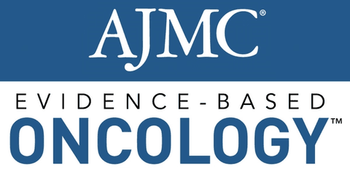
Oncologists express concerns about the replacement for the Oncology Care Model; the EOM is set to start July 1, 2023.
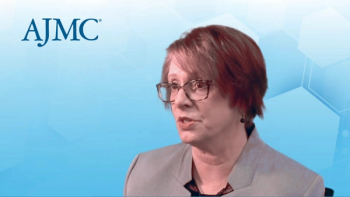
Amy Valley, vice president for clinical strategy and technology solutions at Cardinal Health, weighs both the benefits and potential risks of physicians using artificial intelligence technology in their oncology practices.
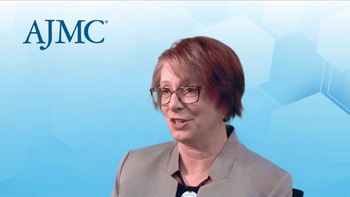
Amy Valley, vice president for Clinical Strategy and Technology Solutions at Cardinal Health, discusses challenges presented within the oncology community, and how Cardinal Health is addressing these issues.
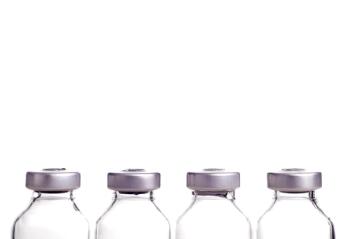
A Cardinal Health report reviewed the potential impact biosimilars will have in rheumatology, gastroenterology, dermatology, and ophthalmology.


Ahead of the big wave of adalimumab biosimilars launching in the US market in 2023, rheumatologists report growing confidence in using biosimilars but remain concerned about their efficacy and economic benefit.
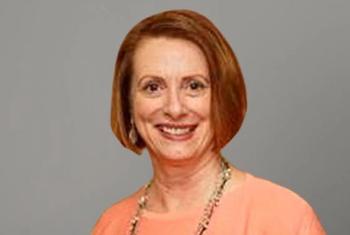
Amy Valley, PharmD, vice president of clinical strategy and technology solutions, Cardinal Health Specialty Solutions, discusses the Decision Path, a clinical support tool designed to inform oncology providers about drug costs along with clinical information, all embedded into the electronic health record workflow.
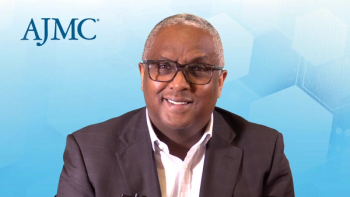
Moving chimeric antigen receptor (CAR) T-cell therapies outside of the hospital will bring training and safety challenges, said Aklilu Tedla, vice president, insights and engagement, regulatory science, cell and gene, Cardinal Health.

Allogeneic, or off-the-shelf, chimeric antigen receptor (CAR) T-cell therapies will bring new logistical challenges, said Aklilu Tedla, vice president, insights and engagement, regulatory science, cell and gene, Cardinal Health.
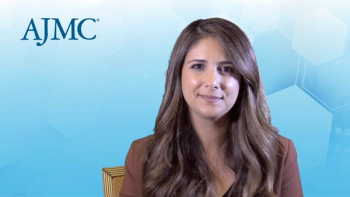
Alignment of incentives in the United States do not always support the use of biosimilars or other lower-cost alternatives, said Sonia T. Oskouei, PharmD, BCMAS, DPLA, vice president of biosimilars at Cardinal Health.
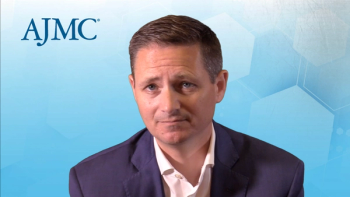
The logistics for storing chimeric antigen receptor (CAR) T-cell therapies remain a challenge, said Joel Wayment, vice president of operations for 3PL Services, Cardinal Health.

While 2023 is a big year with at least 7 adalimumab biosimilars expected to come to market, 2024 will be even more important because all the products will be on the market and formulary decisions can be made, said Sonia T. Oskouei, PharmD, BCMAS, DPLA, vice president of biosimilars at Cardinal Health.
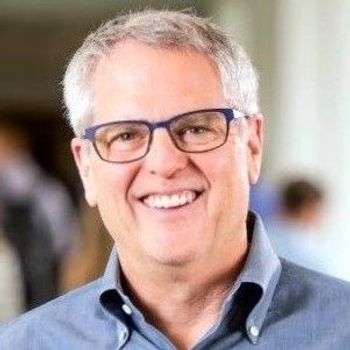
Cardinal Health's report, “2022 Biosimilars Report: The U.S. Journey and Path Ahead,” outlines how biosimilars will move beyond their comfort zones in oncology and rheumatology and more boldly into therapeutic areas such as ophthalmology and diabetes care.
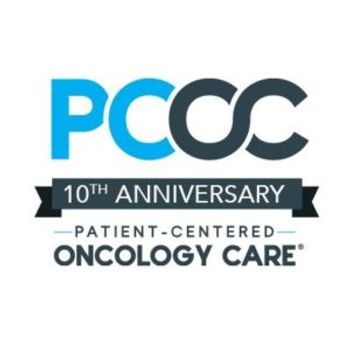
Bruce A. Feinberg, DO, of Cardinal Health Specialty Solutions, leads a panel discussion on how far randomized clinical trials have come, how they could be better, and how using real-world evidence could make research more representative of the population.

More than 80% of oncologists frequently see mental health distress in their patients with cancer, and more than 90% say it has a significant impact on their health outcomes.

With the Oncology Care Model (OCM) slated to end in 2022, the successor model is still not in place. According to panelists, there is likely going to be a gap after OCM ends and the new model begins, but more importantly, practices should prepare for the new model to be mandatory.

259 Prospect Plains Rd, Bldg H
Cranbury, NJ 08512
© 2025 MJH Life Sciences®
All rights reserved.
